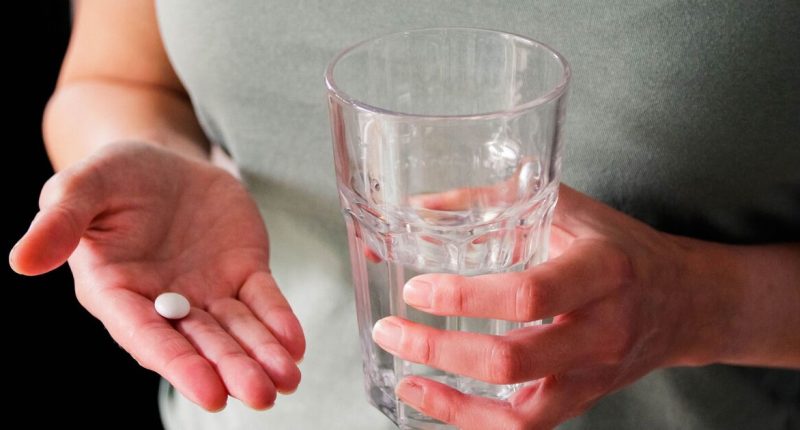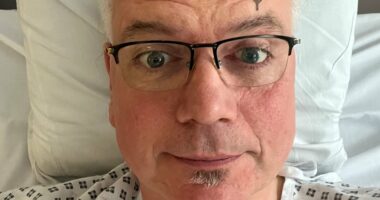Share this @internewscast.com
A daily pill could deliver the same effects as a gastric bypass without surgery, research suggests. The drug forms a temporary coating on the first 15cm of the small intestine, which has the same effect as an operation to shorten it, making patients feel fuller after eating less. It was found to be safe in an early trial, with larger trials now planned to assess weight loss.
Rahul Dhanda, co-founder and president of biopharmaceutical company Syntis Bio, said that if a patient took the pill one morning, the effects should wear off within 24 hours. He added: “The most obvious benefit over gastric bypass surgery is that you could avoid an invasive procedure and take a daily pill instead.
“A gastric bypass is irreversible whereas you can stop this when you no longer want it.”
The drug was tested in liquid form during a pilot study with nine healthy participants who received either 25%, 50% or a full target dose.
Researchers monitored the effects on their satiety and metabolic hormone levels and liver enzymes, while using endoscopic imaging to check whether the upper part of the intestine was properly coated.
Mr Dhanda said the drug, known as SYNT-101, would ultimately be delivered in a daily pill. He acknowledged the huge success of weight loss jabs, which similarly curb hunger and have boomed in popularity in recent years.
But he said the pill could have some benefits over GLP-1 drugs as it is easier to take and the side effects are “minimal to none”.
He added: “That is because we’re not entering the bloodstream like injections do.
“It’s a mechanical molecule so it’s like we’re inserting a stent, as opposed to a drug that is acting with the target and also off the target.”
Researchers, who presented their findings at the European Congress on Obesity in Malaga, Spain, on Tuesday, are now planning larger trials to assess how much weight patients can lose on the pill.
If those are successful, they hope it could be available within around five years.















